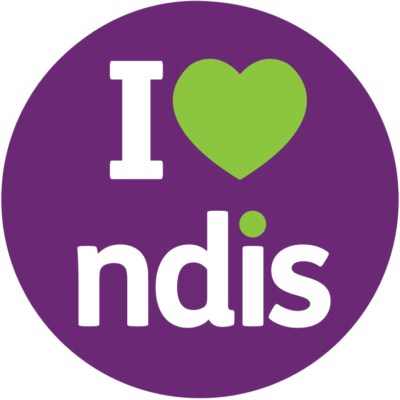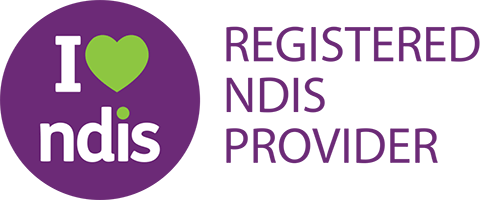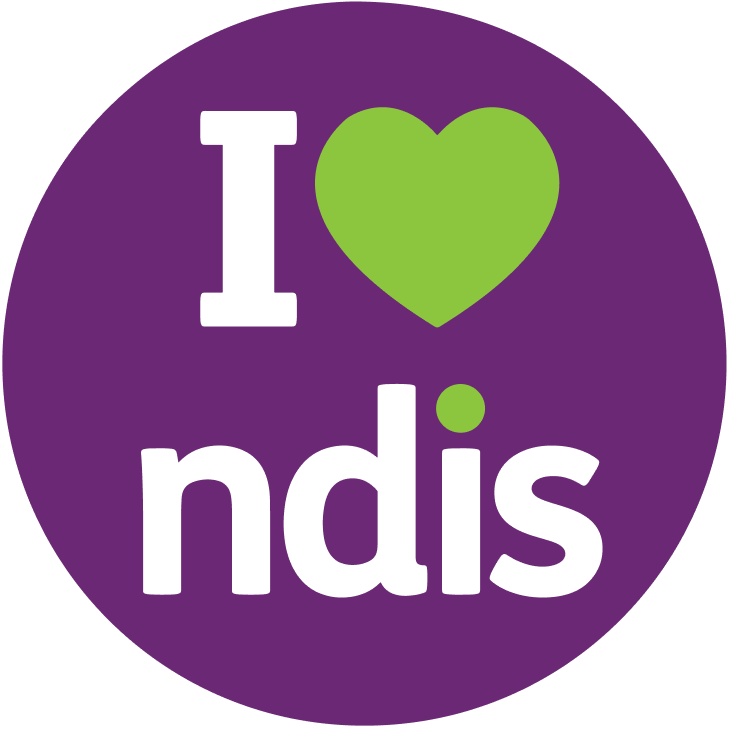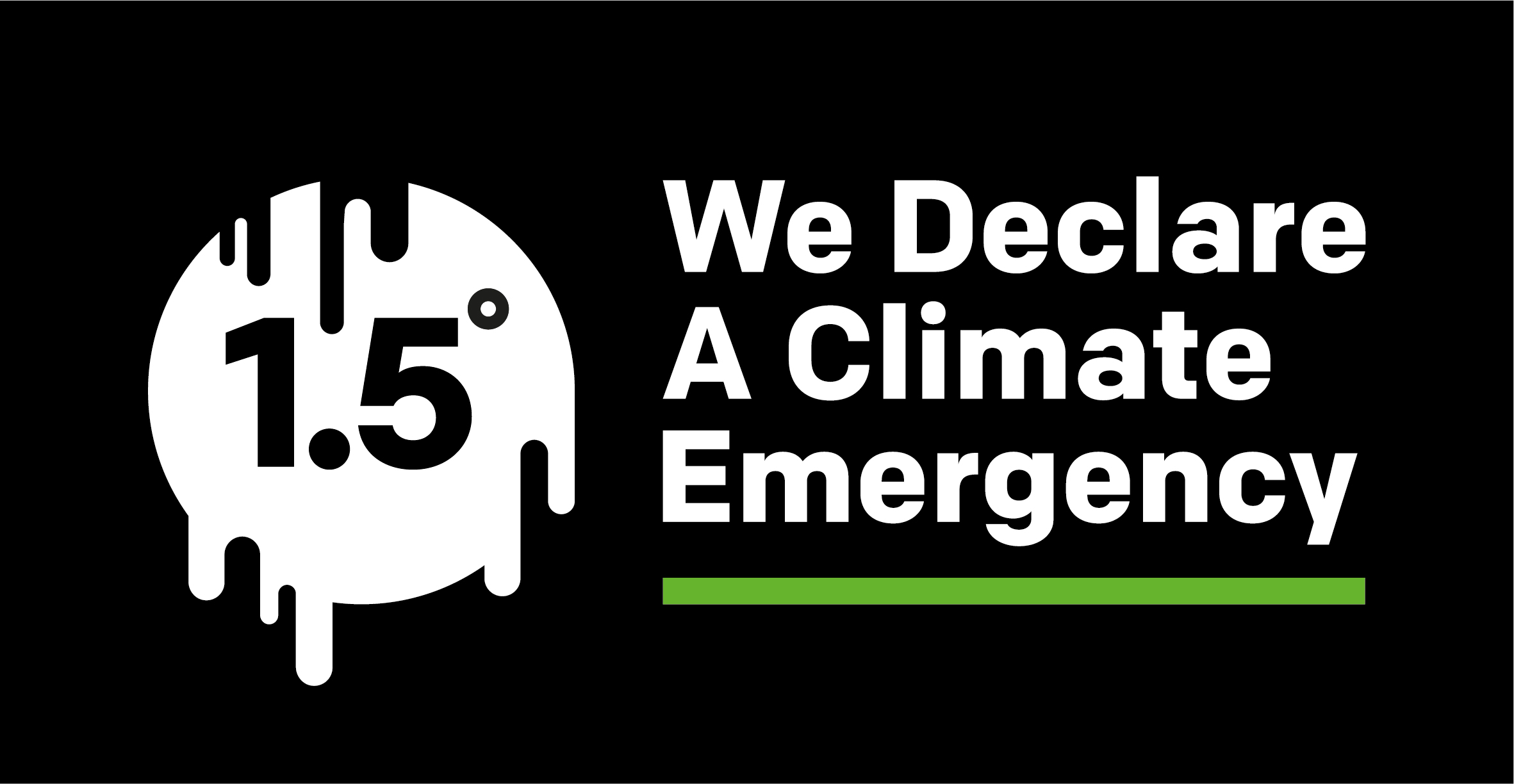Changes to sessions with your allied health assistant (AHA)
A note from our CEO
Recently, FairWork has announced changes to the Social, Community, Home Care and Disability Services (SCHADS) Award that our AHAs fall under.
There are details below on how we are implementing these changes, but we wanted to stress that we aren’t making these changes lightly. They are only being made to adhere to FairWork so that we can continue to deliver an amazing therapy experience for as many clients as possible across Australia.
We’ve already heard from many of our community about how the changes FairWork are implementing may impact their ability to work with an allied health assistant, and we’ve done our best to bear the brunt of these changes.
The situation is still evolving daily, and there may be other changes still to come as NDIS and FairWork continue to discuss. We want to thank you for your understanding and hope to continue to help you reach your goals long into the future.

Kind regards,

Dr Sam Donegan
Medical Doctor, CEO and Cofounder at Fora
Changes from July 1st
Minimum session length increase
For our capacity building users
- From July 1st 2022, the minimum session length will increase from 1 hour to 1.5 hours. This includes Telehealth sessions.
- This means any time a person with disability works with one of our allied health assistants on a weekday or weekend, the minimum amount you’ll be charged for will be 1.5 hours.
- You can still have sessions longer than 1.5 hours if you wish.
- For sessions shorter than 1.5 hours we will factor in allied health assistant travel, note writing or preparation time to enable your sessions to meet the 1.5 hour minimum requirement.
- Public holiday minimum session length will be 2 hours. You can still have sessions longer than 2 hours if you wish.
For our core support users
- There will be no change
- The minimum session length will still be 2 hours on all days of the year. This includes Telehealth sessions.
What might this look like?
Example 1: Therapy session with preparation time (using capacity building funds)
Luke is a 5-year-old boy living with Autism who has goals related to communication and building morning routines. Luke sees Nat, his allied health assistant, twice per week, to either help out with his before school routine (as prescribed by his OT), or after school to help him practice the homework set by his speech pathologist. Usually, their sessions range from 1 hour to 1.5 hours long
Starting from July 1st 2022, Luke’s family will be billed for Nat’s services where the minimum session length is 1.5 hours. To compensate for this change, Nat agrees to spend a bit more time preparing for each session and creating resources she can use to better engage Luke. Keeping in mind the time it takes for Nat to travel to Luke’s house, altogether she is working for around 1.5 hours each time she sees Luke.
Nat is paid for 2 hours of work by Fora to match the SCHADS award set by Fairwork.
Example 2: Two consecutive 1-hour sessions with siblings (using capacity building funds)
Ali and Mohammed are 7 and 5 years old respectively, and are seeing their allied health assistant Ting to help with their speech delay. Ting sees Ali first for a session lasting one hour, then immediately spends another hour with Mohammed.
Although Ting only spends an hour with each child, because Ting’s total time working is 2 hours (1 hour with each child), the change that comes into effect on July 1st 2022 doesn’t affect Ali and Mohammed’s family, and each child is billed only for 1-hour-long sessions.
Ting is paid for 2 hours of work by Fora in keeping with the SCHADS award set by Fairwork.
Example 3: community and social participation session (using core support – no change)
Kota is a young boy living with Cerebral Palsy and sees Nathan twice per week to help Kota with community and social participation. They go to the movies, practise using public transport and try purchasing basic items like getting a coffee from the local cafe.
Although Nathan is an Occupational Therapy student, Kota engages Nathan more like a support worker in this case and uses funding from his Core Support budget.
Kota’s sessions already have a 2-hour minimum and as such, he is not affected by the changes that occur on July 1st 2022.
Example 4: Adult conducting physical therapy (using capacity building)
Ethan is a 49 year old man with Motor Neurone Disease who has been prescribed an exercise program by his physiotherapist. He also has an allied health assistant Amara, who helps him practise these exercises twice per week. Usually their sessions would last 1 hour, as Ethan becomes quite tired around this time.
Due to this Fairwork change, Ethan needs to book Amara for 1.5 hours instead of their usual 1 hour. Ethan and his wife work with Fora to find the best way for Amara to make this most of this extra time, which ends up including Amara being compensated for her travel time and the time she takes to prepare for the sessions and write her notes.
Amara is paid for 2 hours of work by Fora to match the SCHADS award set by Fairwork.
